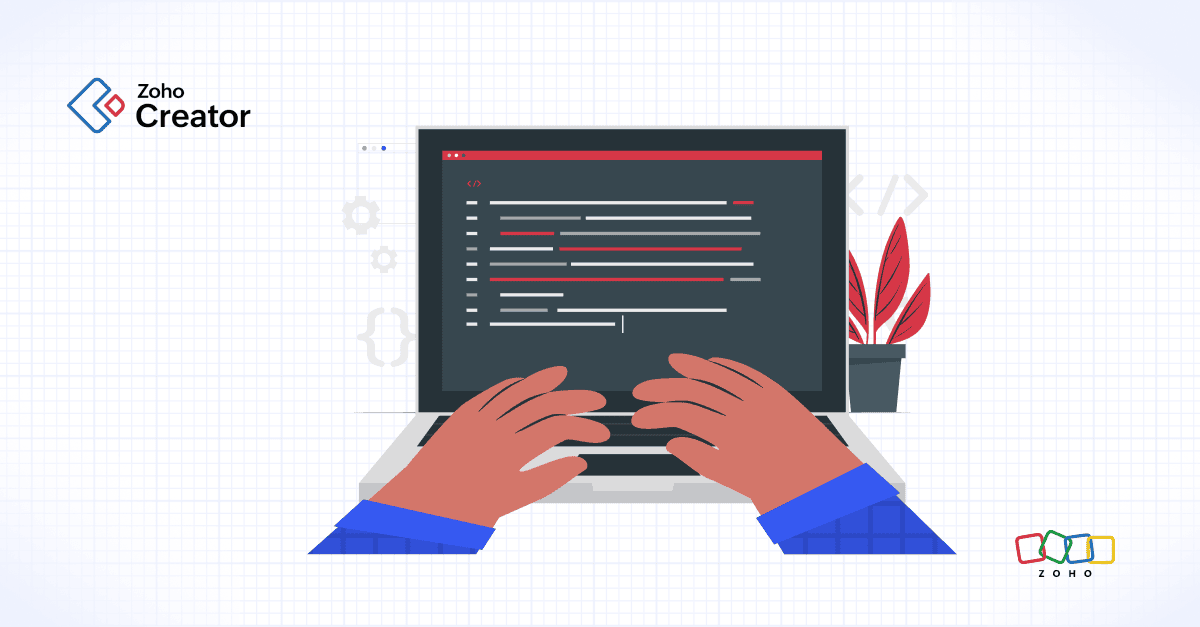- HOME
- Know Your Tech
- Transportation management myths that are hurting your business
Transportation management myths that are hurting your business
- Last Updated : April 20, 2023
- 763 Views
- 5 Min Read
As businesses grow and expand their international footprint, selling products around the globe, their supply chains transform to become complex networks. Today, more companies are outsourcing their logistics management requirements and freight operations to external organizations specializing in logistics solutions.
As transportation workflows become increasingly complex, specialized applications are required to factor in the unique intricacies of business supply chains. Because of this, tech-savvy supply chain managers often deploy transportation management systems [TMS] to run their company’s transport operations.
How can a TMS power your organization?
Every shipping company is different, so in the end it comes down to the specific requirements and resources of the business to decide if they need an in-house TMS. For companies trying to evaluate the need for a TMS, here's a walkthrough of the benefits they can expect.
A TMS can help your business:
Increase accuracy - An automated TMS can reduce the risk of human errors in your business and increase the accuracy of operations.
Track costs - An integrated TMS will help a business accurately record expenses, like carrier costs, leading to fewer billing disputes and prompt payments.
Real-time tracking - A TMS offers real-time connectivity across a business's whole supply chain, giving your company the knowledge to make critical strategic decisions.
Automate customer communication - Integrating a TMS into your warehouses and carriers lets businesses proactively communicate shipment statuses and delays to customers.
Help make shipping decisions - A TMS uses optimization algorithms to identify the most cost-effective shipping options, and plans routes to minimize delivery times and maximize efficiency. It allows your business to address all shipping options and modes on one platform.
Improve efficiency - TMS solutions can help with optimizing shipments. With shipment planning and optimization algorithms, TMS solutions classify and group shipments together, eliminating the need to make multiple trips over the same routes.
Monitor shipments in real time - A TMS increases visibility into what is happening within your transport operations. You can evaluate carrier performance through historical reports, save on shipping costs, and prevent delays.
It's important to choose a transportation management system flexible enough to scale as the business grows, and allows you to add new features and updates that your company may require in the future. Unfortunately, there are implementation concerns that can keep businesses from moving to modern TMS systems and away from outdated legacy systems.
Effective transportation management: The myths vs the facts
Here are some of the biggest misconceptions about modern cloud-based TMS solutions:
FEATURE | MYTH | FACT |
Legacy transportation management systems | Traditional transportation management systems are enough to optimize your transportation, shipping, and logistics processes. | Legacy systems have limitations that keep logistics companies stuck in the past. Compared to traditional methods, modern systems enable flexibility, interoperability, and agility that's a must-have for businesses to remain proactive. They also support next-gen features like live shipment tracking. |
Customer satisfaction | Transportation management does not impact customer retention. | Supply chain and logistics process responsiveness impacts the ability of firms to satisfy and retain customers. When a modern transportation management system is integrated into your supply chain, you can alert customers when orders are shipped and provide shipping information to track their order. TMS solutions also use optimization algorithms to help you and your customers identify the most cost-effective shipping options. |
Data transparency | Transportation management systems offer limited visibility into supply chains, carriers, shipments, and communication with customers. | Today’s TMS solutions have “control towers" that integrate with other logistics systems to provide transparency into supply chains. |
Configuration | Only the vendor can configure a TMS after implementation. It’s expensive, tricky, and takes time to configure. | TMS solutions are customizable, and you have the freedom to configure them to suit your exact logistics operations. |
Implementation time | TMS solutions take forever to implement, onboard, and integrate with other systems that your business uses. | With the right platform, you can develop and implement |
Flexibility | A TMS isn't flexible and businesses have to adapt their processes to fit the solution, sacrificing on quality. | An effective TMS should adapt to your business requirements and processes, not the other way around. You can create highly customized workflows to maintain and run processes unique to your business. |
Feasibility | TMS optimization plans are not realistic and cannot | An efficient TMS solution will include the capability to factor in real-world constraints to build supply chains that you can implement. As conditions change, the TMS will show show you its impact on your current routes and alternative options. |
Integrations | You'll need separate integration tools that require an extra | Integration should be built into the TMS. |
Cost | Transportation and logistics management is overpriced, with huge license and maintenance fees that drain budgets quickly. | With a TMS tool, you can develop and implement |
TMS implementation
When choosing a TMS, it's critical to ensure that:
After implementation, your new TMS will integrate seamlessly with your existing business ecosystem.
Your TMS can be easily modified and scaled to keep in step with your business and supply chain.
Although you can pick a TMS solution off-the-shelf, it's important to remember that prepackaged solutions are usually generic and rigid. They're shipped with a set of predefined features that aren't sufficient for addressing unique business needs and last-mile delivery challenges. Off-the-shelf software may also present gaps incompatibility when integrating with your business OS and software, as it's not built specifically for your business.
On the other hand, you can select a technology platform and build a custom logistics solution that will let you design features for your business—all without requiring specialized coding knowledge. You can develop your own TMS to drive value and quick ROI for your business.
To learn more, see how Provia, a courier company in the UK, transformed their business with a custom solution built on Zoho Creator.
 Rashmi Sasi
Rashmi SasiProduct marketer at Zoho Creator, where she researches and creates content about all things low-code. Writer by day, reader by night, into eclectic books and long sentences, sci-fi enthusiast, and novice painter. Dislikes character limits.




Comments(1)
Thanks for the reminder that data transparency is also crucial when it comes to transportation management solutions. I plan to know more about that because there are times when I think about starting my own retail business. Thinking about how all the necessary shipping would be handled makes me think that it's important to have a thorough plan for that.